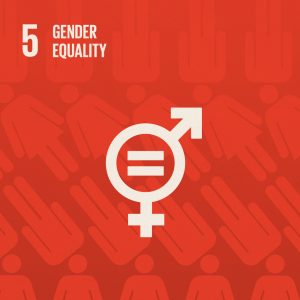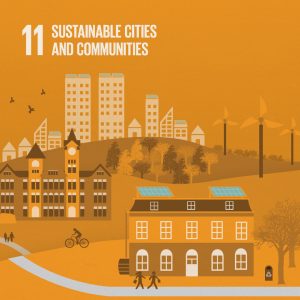By Randy Martin & Bella Wright
A quick look at the top public colleges reveals that in each of their strategic plans, sustainability is taken seriously and given a prominent seat in the future of their institutions. This isn’t for show. Beyond the “good citizen” reasons, it’s a smart business decision. Increasingly. Students care about the sustainability of their campus, and some have said it can be a deciding factor between schools. According to a study conducted by Veritrove, “30% of [students] selected sustainability as a top three factor.” In another study conducted by Inside Higher Ed and College Pulse, 45% of students consider sustainability in their enrollment decision, and 85% of respondents say, “it is at least somewhat important for their campus to prioritize sustainability.” This is a robust trend being born out in all sorts of other ways in our society. College-age people are engaged and passionate about sustainability issues. 37% of Gen Zers say addressing climate change is their top personal concern.
It is quite clear that sustainability is a salient issue that current and potential students deeply care about. However, rebuilding infrastructure, rewriting policies, and changing expectations can’t be done overnight. That is why STARS has created the Coordination and Planning criteria. It recognizes institutions that have set up staff, allocated resources, crafted plans, and established a vision for a sustainable future on campus.
STARS has identified the Coordination and Planning criteria’s connection to the following United Nations Sustainable Development Goals:
Goal 5: Achieve gender equality and empower all women and girls
Goal 11: Make cities inclusive, safe, resilient, and sustainable
Goal 13: Take urgent action to combat climate change and its impacts
Goal 16: Promote just, peaceful, and inclusive societies
Goal 17: Strengthen the means of implementation and revitalize the global partnership for sustainable development
Subcategories
- Sustainability Coordination: Institutions are complex organizations. In order to advance sustainability across such an environment, active committees, offices, or officers are needed. Institution-wide coordination won’t happen on its own. It takes the will of hard-working individuals to plan, coordinate, and implement across such varied environments. STARS awards institutions that have these committees, offices, or officers.
Auburn’s Score: 1/1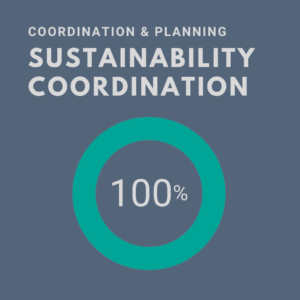
- Sustainability Planning: Benjamin Franklin once said, “By failing to prepare, you are preparing to fail.” Nowhere is this more true than in sustainability. Departure from the norm is typical for sustainability implementation. New ideas, new technology, and new methods are the new standard. Therefore, if an institution has nothing guiding this process, it will likely fail. STARS awards institutions that have put forward comprehensive plans that give clarity and vision as well as erect measurable goals and objectives.
Auburn’s Score: 2.5/4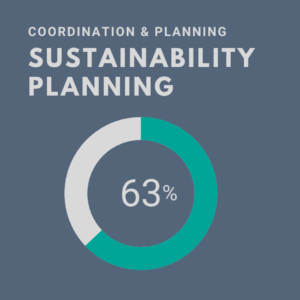
- Inclusive and Participatory Governance: Ethical and sustainable leadership revolves around transparency and inclusion. That is why STARS awards institutions that have inclusive governance structures that involve all campus stakeholders in meaningful decision-making.
Auburn’s Score: 0.75/3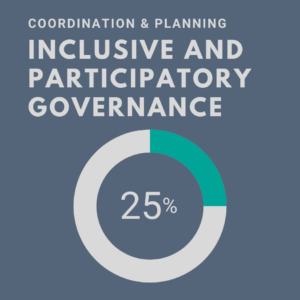
- Reporting Assurance: As any good researcher knows, if your data quality is poor, then poor results follow. STARS awards institutions that conduct a comprehensive review and verification process before submitting their STARS report. An assured report can increase confidence, reveal opportunities, and increase the value of reporting in general.
Auburn’s Score: 1/1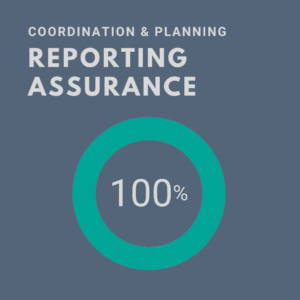
Reflection
It is our campus’ ambitious mission to be a leader in the world of higher education. While I can’t speak on behalf of other parts of campus, I can say we are off the mark in terms of leading higher education in sustainability. If, in 20 years, we want to be seen as leaders in higher education, then sustainability is something we can’t overlook.
The news isn’t all bad. There is a firm foundation to build from. We have the Office of Sustainability whose mission is “To create an ethic, practice, and culture of sustainability at Auburn in service to improving lives, communities, and natural systems in Alabama and beyond.” In addition to our office, Dr. Becki Retzlaff leads the Academic Sustainability Program. This program provides a Sustainability Minor in the College of Liberal Arts, paving the way for students to become versed in sustainability practices. This program also supports the development of interdisciplinary research programs that include topics in sustainability.
Opportunities to improve are abundant but are concentrated within the authority of institutional leadership. To improve our score, Auburn must give sustainability a prominent seat within our strategic plan. Auburn fell short by failing to have a formal statement in support of sustainability from the governing body, not having measurable sustainability objectives in the academic curriculum, and only including sustainability as a minor theme in the 2019 strategic plan.
The second way to improve is to create inclusive governance structures. As the university makes plans and expands, all stakeholders need to be considered and given a voice. The current governance structure of the university is a board of 16 committee-appointed trustees backed by the state senate. There is one member from each congressional district, one member from Lee County, five at-large members, and the Governor. We should consider adding student and faculty representatives. Many other institutions have acknowledged the importance of this representation, which would broaden the perspective and allow for a diversity of experiences to be taken seriously at the highest level. Having such members would also serve the board by giving direct feedback on how their decisions might be received by the student and faculty bodies.
If the institution’s goal is to be a leader in higher education, it should not only consider the voices of industry but also take into consideration the voices of students, faculty, staff, and community members. After all, the goal of the university, as stated by its land-grant mission, is to serve the people of Alabama. Those with decision-making power should honor and uplift the voices of the campus community. It is those people who determine the true successes of the University with their time, effort, tuition dollars, and future professional successes.
Learn about the SDGs & AU and our contributions related to this post

